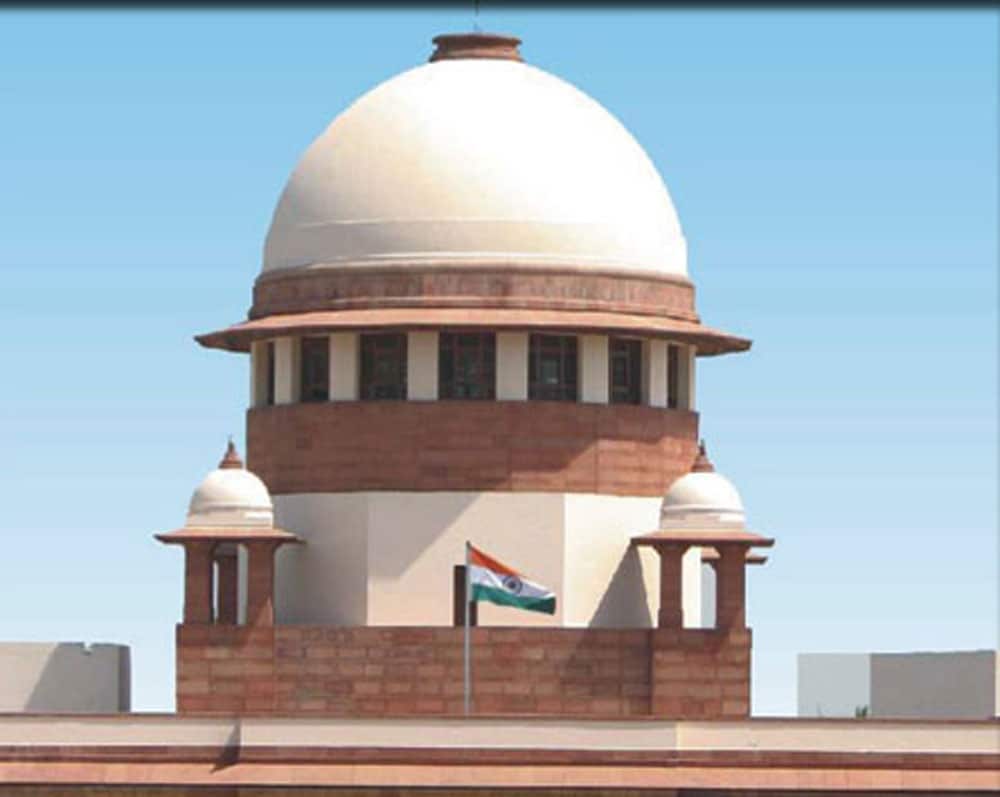The Supreme Court reiterated that sentence of life imprisonment means

The Supreme Court reiterated that sentence of life imprisonment means rigorous imprisonment and not simple imprisonment.
The Bench of Justice L Nageshwara Rao and BR Gavai held that there is no need to re-examine the settled position of law regarding life imprisonment.
The court was hearing two appeals one from a judgment of the Himachal Pradesh High Court and another from Gauhati High Court.
In the 1983 judgment in Naib Singh v. State of Punjab, the top court had held that “there is no dearth of judicial precedents where, in the matter of nature of punishment, imprisonment for life has been regarded as equivalent to rigorous imprisonment for life…it will have to be held that the position in law as regards the nature of punishment involved in a sentence if imprisonment for life is well settled and the sentence of imprisonment for life has to be equated to rigorous imprisonment for life.”
In 1992, the Supreme Court in Sat Pat Alisa Sadhu v. State of Haryana had accepted the Naib Singh judgment and refused to refer the issue to a larger Bench.
Therefore the court opined that issues did not need to be reconsidered and hence dismissed the pleas.





